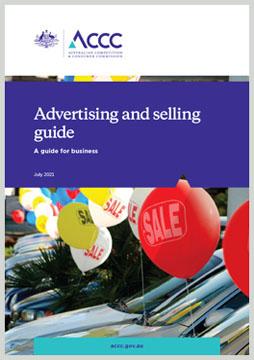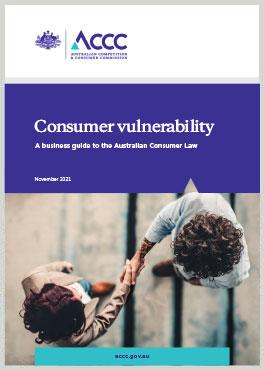Businesses should be honest in their dealings. Businesses shouldn't try to gain an unfair advantage by making misleading claims about their products or services.
It makes no difference whether a business intends to mislead or not.
Any information or claim that a business provides about its products or services must be accurate, truthful and based on reasonable grounds.
Any statement that creates a false impression about goods and services can be breaking the law.
Case study of a misleading claim
In June 2022, Samsung Electronics Australia Pty Ltd was ordered by the Federal Court to pay $14 million in penalties for misleading water resistance claims about its mobile phones. Samsung admitted to the court that its ads misrepresented the water resistance of its phones.
Samsung published 9 ads online and in-store. The ads showed the use of various Samsung Galaxy phones in pools and sea water. One Samsung ad showed a person surfing alongside the statement: “Do everything you love this summer on the Galaxy A5. Whether its listening to your favourite song by the pool or capturing your Sunday surf session at the beach”.
Pool and sea water could, in fact, damage the phones by corroding the charging ports.
Read more in the ACCC media release about Samsung.
In some circumstances, failure to disclose information can be misleading. This is particularly the case if a business provides some information to a consumer but doesn't mention important details the consumer should know that are relevant to their decision.
Example of silence being misleading
A buyer wants to purchase a car for a particular purpose and he tells this to the car dealer. The car dealer knows the car isn’t suitable for John's purpose, but doesn’t say this. The car dealer's silence can amount to misleading conduct.
‘Puffery’ refers to wildly exaggerated and vague claims about a product or service that no one could treat seriously. For example, a restaurant claims they have the ‘best steaks on earth’. These types of statements are generally not considered misleading.





